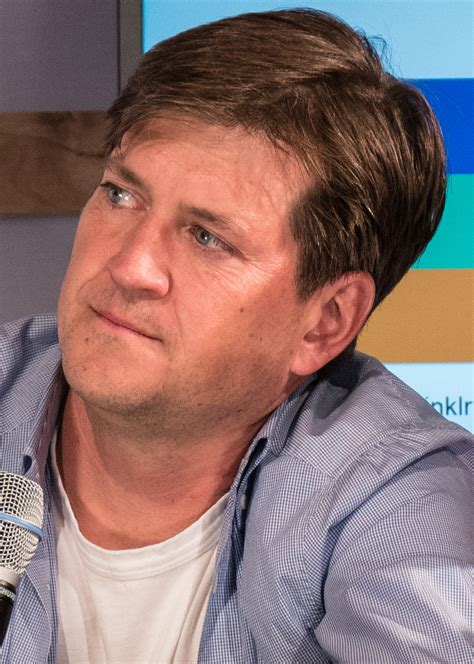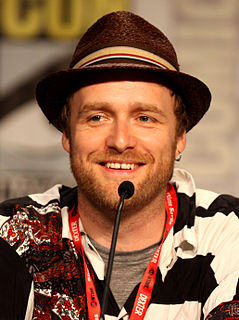A Quote by Scott Snyder
There's nothing comparative to Damien [the current Robin] or any of the other characters. I love those characters. And this isn't, "This is better than that." I think a couple of people misread what we had said in the first issue about that stuff.
Related Quotes
I hate shows, personally, where people stand around tossing stuff at each other, and any character can say any line, because you don't believe any of these characters care for each other. I used to fight with my friends who wrote on 'Seinfeld,' because they had such great pride in saying it was a show about nothing.
My first book came out again - the re-issue from 2001. I was rereading it to make sure that I didn't miss any mistakes, and I didn't know who had written some of these stories. I really didn't. I am a different person now. It's weird. I think if stories are good, they have to have a life of their own that's independent of the writer. I like to think of my characters out there in other peoples' heads. That's a nice thing to think about.
The best morals kids get from any book is just the capacity to empathize with other people, to care about the characters and their feelings. So you don't have to write a preachy book to do that. You just have to make it a fun book with characters they care about, and they will become better people as a result.
When I made 'Real Steel,' the director actually had the robots in the monitor, so he knew where everything was. So technically, there's been advancements. But at the end of the day, movies are about story and characters, so all the other stuff is great, but unless you have those two elements, then you've got nothing.
I think it's more fun to grow to love characters who are flawed than it is to present perfect characters. Perfect characters aren't very funny. Certainly my friends are a strange, intense bunch of people, and people's families drive them crazy, but challenging relationships are always more rewarding.
I think that I write much more naturally about characters in solitude than characters interacting with others. My natural inclination - and one that I've learned to push against - is to give primacy to a character's interior world. Over the three books that I've written, I've had to teach myself that not every feeling needs to be described and that often the most impactful writing more elegantly evokes those unnamed feelings through the way characters speak and behave.
I find myself speaking through the other characters, putting ideas in their voices and heads. Writing almost becomes a splitting of myself into multiple personalities. But I don't write to make an argument on behalf of any of the characters, or to prove anything about a character. I think that's important that I be serving the story first and not my own point of view.






































